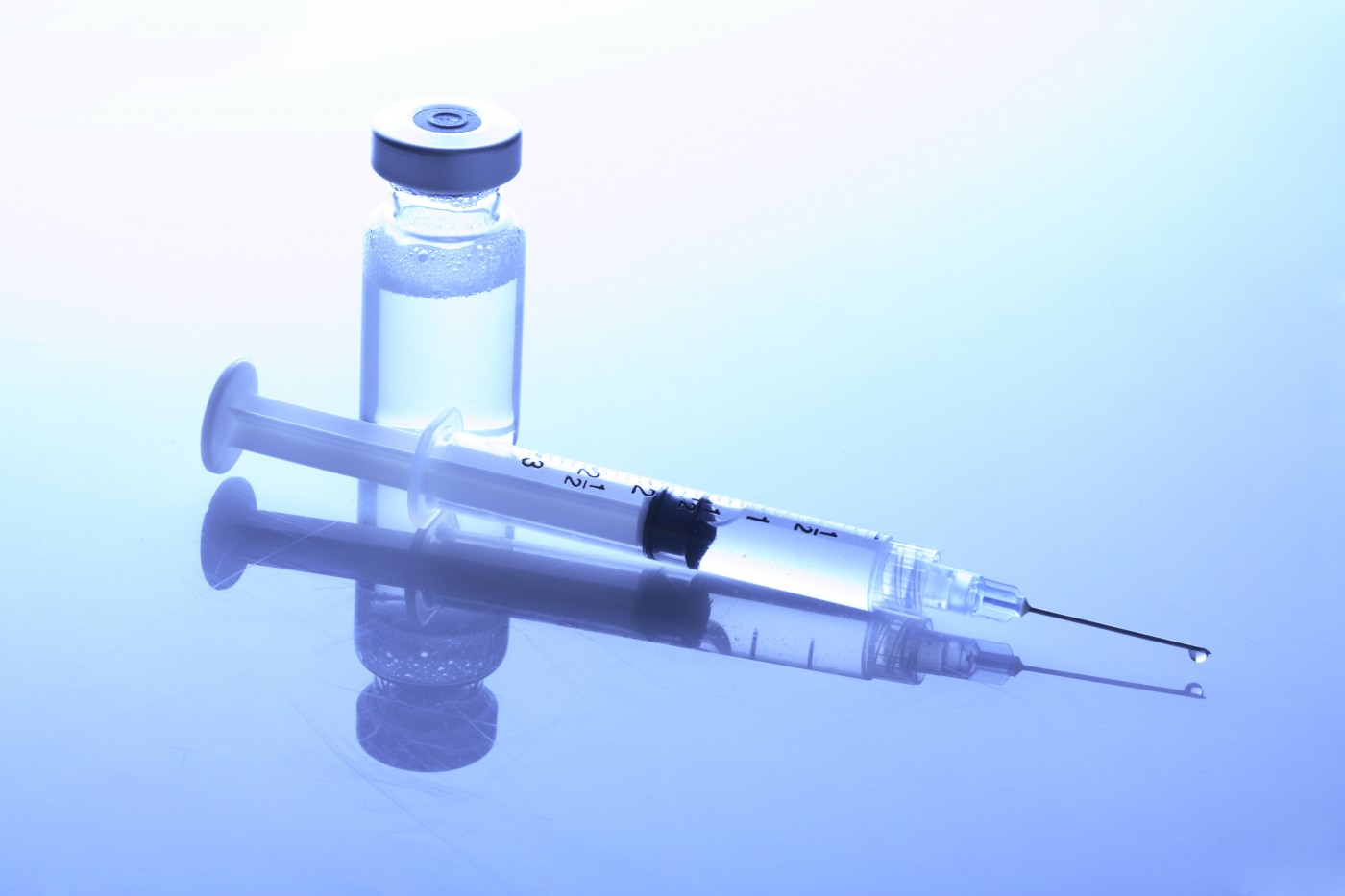New York-based Caladrius Biosciences, Inc., a company at the forefront of cell therapy, has recently announced the dosing of the first patient in its Intus Phase III clinical trial. This study intends to determine the effectiveness of Caladrius’ patient-specific targeted cancer immunotherapy candidate, CLBS20 (also known as NBS20), which will be tested on patients diagnosed with either stage III recurrent or stage IV metastatic melanoma. The news follows the award of a $17.7 million research grant from the California Institute for Regenerative Medicine.
The patient was given either the drug candidate or a placebo, in line with the study’s randomized, double-blind design, at the Thomas Jefferson University Hospital in Philadelphia, Pennsylvania. Dr. Takami Sato, the site’s lead researcher and Professor of Medical Oncology at Thomas Jefferson, said, “We are excited to be a part of the Intus study and to contribute to the advancement of this and any potentially life-prolonging investigational therapy.”
The ongoing Intus trial is based on the strong findings of two Phase 2 studies involving similar patient populations, treated with CLBS20. T involved 42 patients, and compared the drug to autologous irradiated tumor cells. Results showed a survival of 72% at 2 years, which was a significant improvement from the 31% observed in the control group.
CLBS20 is patient-specific which means it is formulated based on the patient’s own harvested cancer and immune cells. It combines inactivated tumor cells with dendritic cells before coming into contact with an immune adjuvant, which will then stimulate white blood cell activity. The mixture is then injected into the patient, where it induces cancer cell death.
Patients who want to enroll in the Intus trial are subject to eligibility criteria. If selected, a sample of the patient’s tumor is collected and sent to the company’s manufacturing facility. Upon establishment of tumor cell lines, subjects are further screened to receive either the drug or a placebo. The second phase of the study requires a month-long collection of specific immune cells and its combination with sampled tumor cells, along with an immune adjuvant. Test subjects will then receive the mixture via subcutaneous injections once a week for three weeks, and then one a month for a total period of five months.
“The dosing of the first patient in this Phase 3 trial is an important milestone for our Company and the timing underscores our focus on this program and our commitment to impeccable trial execution,” said Dr. David J. Mazzo, Chief Executive Officer of Caladrius Biosciences. “We are delighted by the enthusiasm and productivity of the team at Jefferson University and other trial sites around the country and look forward to translating that into optimized patient enrollment and a rapid completion of the Phase 3 trial.”
To learn more about the Intus Study please visit www.theintusstudy.com or www.clinicaltrials.gov/ct2/show/NCT01875653.


